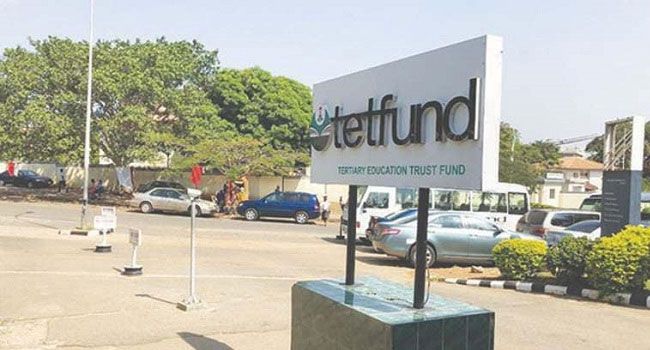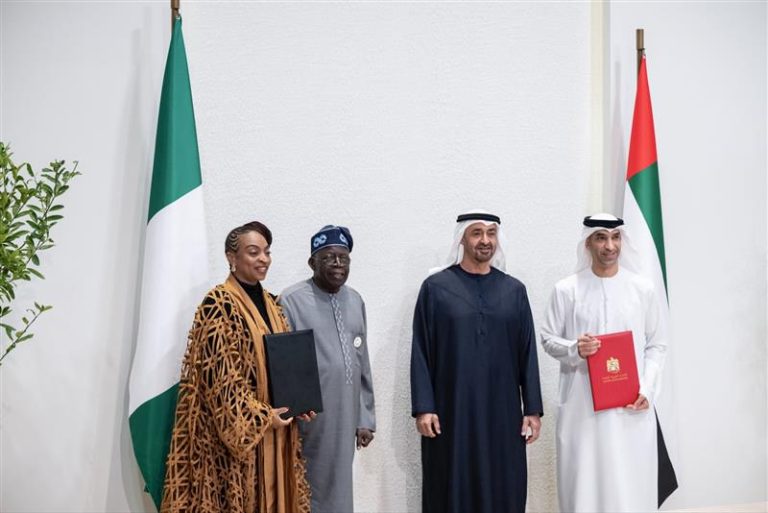
The Securities and Exchange Commission (SEC) has described Nigeria’s removal from the Financial Action Task Force (FATF) grey list as a strong indication of the country’s clear policy direction and commitment to financial reforms.
Speaking on Channels Television’s Morning Brief programme, SEC Director General Emomotimi Agama said the development would significantly boost investor confidence in Nigeria’s financial system and the capital market.
According to Agama, the FATF’s decision shows that investors can now clearly see the Federal Government’s determination to strengthen anti-money laundering and counter-terrorism financing measures.
“It means so much for us in the capital market; it means so much for the entire financial system. It brings about something we have long desired investor confidence,” Agama said.
“The delisting sends a strong message to investors and trading partners that Nigeria has made remarkable progress in tightening its anti-money laundering and countering the financing of terrorism frameworks. This is a welcome call for new investments that will boost productivity and economic growth.”
The FATF, a global watchdog that monitors financial crimes, announced Nigeria’s removal from its grey list on Friday, acknowledging the country’s efforts in addressing identified deficiencies in its financial system.
Nigeria was placed on the FATF grey list in February 2023 after the agency cited weaknesses in its Anti-Money Laundering and Countering the Financing of Terrorism (AML/CFT) systems. The country has since implemented a 19-point action plan that led to this delisting.
Reacting to the development, President Bola Tinubu described it as a “major milestone in Nigeria’s journey toward economic reform, institutional integrity, and global credibility.”
In a statement issued by presidential spokesman Bayo Onanuga, the President commended the coordinated efforts of key government officials, including the Secretary to the Government of the Federation, the Minister of Aviation, the Minister of Budget and Economic Planning, the Minister of Defence, the Minister of Foreign Affairs, the Minister of Solid Minerals, the Minister of State for Finance, the National Security Adviser, as well as the leadership of the National Assembly and the Judiciary.
Tinubu also praised the Director and Chief Executive Officer of the Nigerian Financial Intelligence Unit (NFIU), Hafsat Abubakar Bakari, and her team for ensuring the timely and effective implementation of the country’s action plan.
He noted that the NFIU’s diligence and collaboration with other institutions had earned Nigeria recognition from the international community for its commitment to combating money laundering and terrorism financing.
“This achievement reflects our administration’s commitment to restoring confidence, integrity, and transparency in Nigeria’s financial and governance systems,” the President added.
Nigeria’s removal from the FATF grey list is expected to improve the country’s image globally, attract more foreign direct investments, and enhance overall economic performance.



